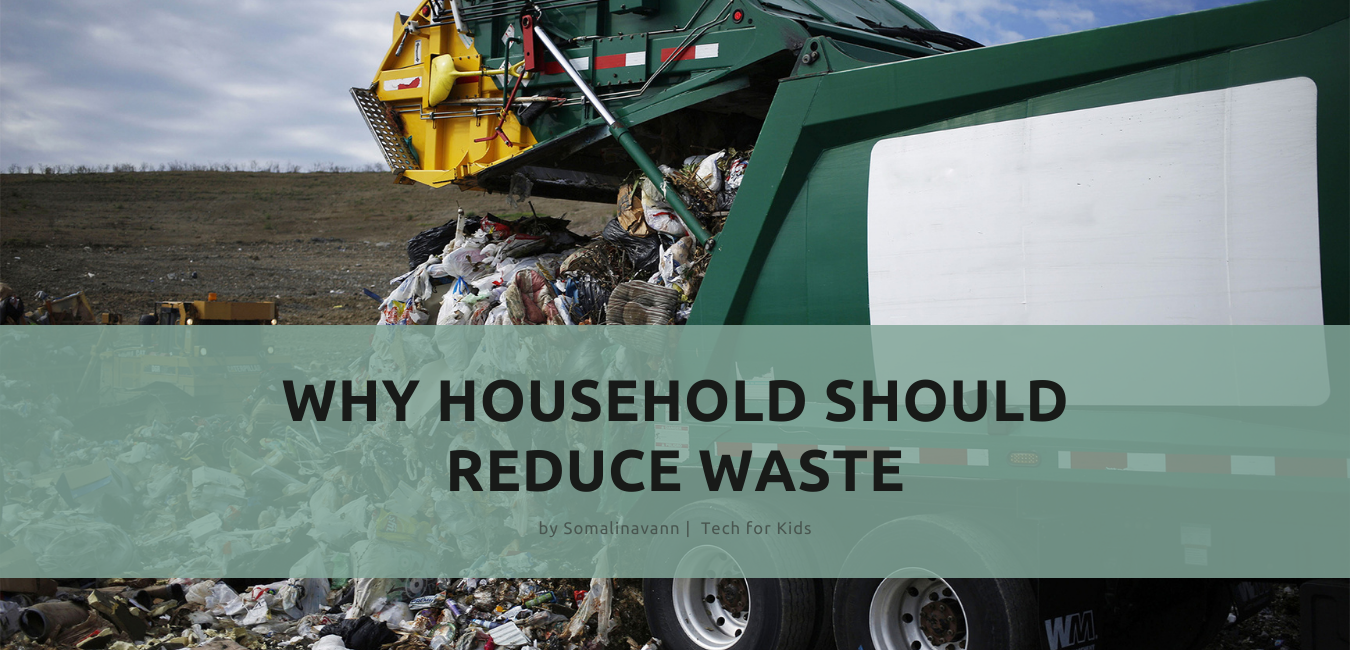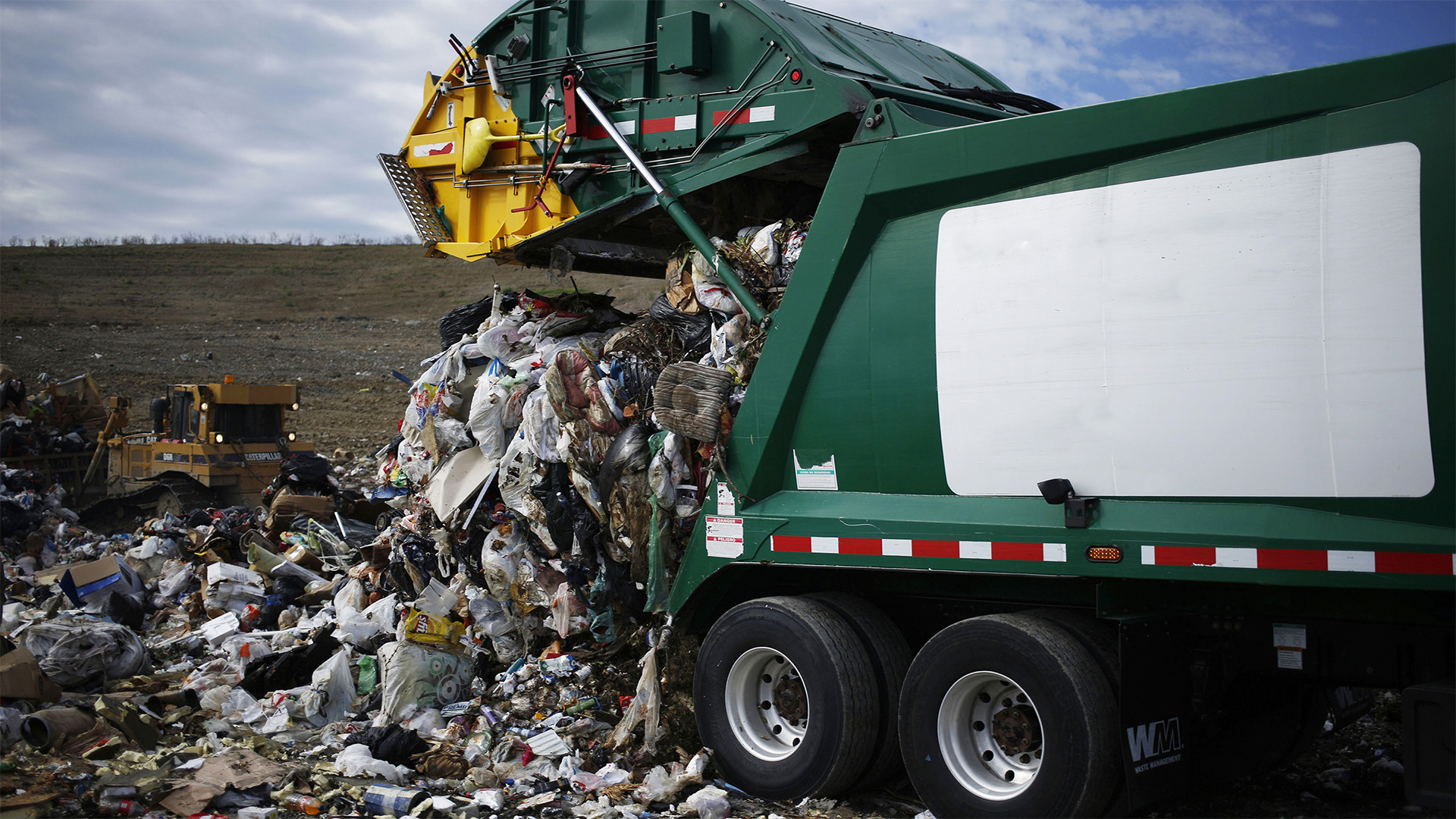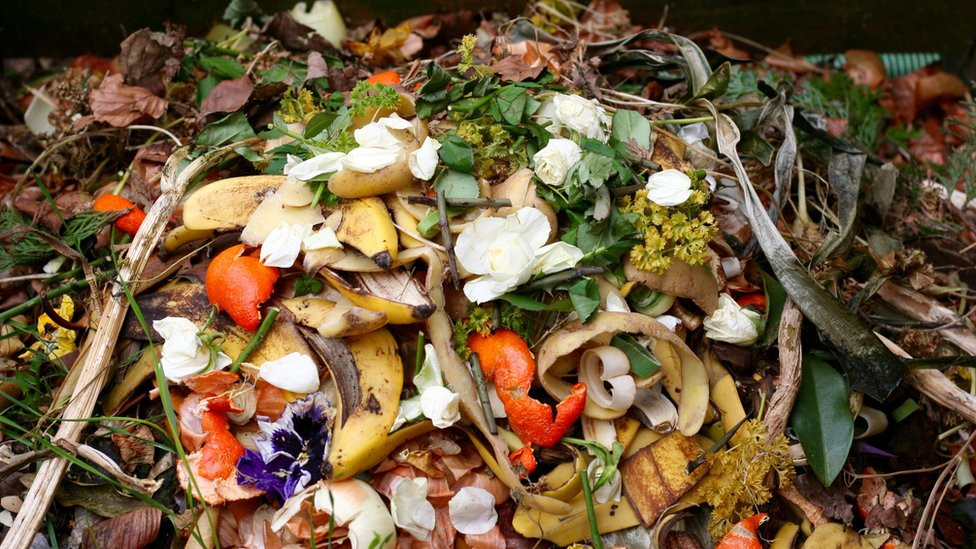
“There is no such thing as ‘away’. When we throw anything away it must go somewhere.”- Annie Leonard

Whenever we have a leftover, it goes straight into the bin. However, there is no such thing as ‘away’; when we throw anything away, it must end up somewhere: the landfill.
According to theworldcounts, more than 2 billion tonnes of waste are being discarded annually; more than 55% of the total municipal solid waste comes from households and 31.9% of that is food waste. Reasons such as overbuying, improper storing, leaving stocks to go bad and confusion over labels contribute to food waste in homes.
Different types of household solid waste are organic materials (paper, flowers and leaves, vegetables and fruits scraps), hazardous waste (cleaners, used oils, batteries, bulbs, pesticide containers) and plastic materials. Likewise, not all landfilled rubbish is biodegradable such as plastic bags or containers. Moreover, when food waste ends up in landfill, it decomposes anaerobically and releases methane emissions (when releases into the atmosphere before it is combusted, it is able to trap heat in the atmosphere; methane contributes to global warming) and a liquid called 'leachate' that has to be collected and treated before disposal. Food waste alone resulted from 8.2% of greenhouse gas emissions. (Learn more: What Happens To Our Waste When We Throw It Away? )
Reducing your household waste does not only reduce pollution but can also save money, conserve water resources, and save energy. There are ways to reduce household waste: follow the principle of the 3Rs (reduce, reuse, and recycle products as much as possible); purchase daily necessities only; avoid unnecessary packaging; compost your food scraps or create a worm farm; donate good condition, unwanted items to a charity; switch to using safer alternatives of cleaning products with less waste and harmful chemicals. (Learn more: About Waste)
